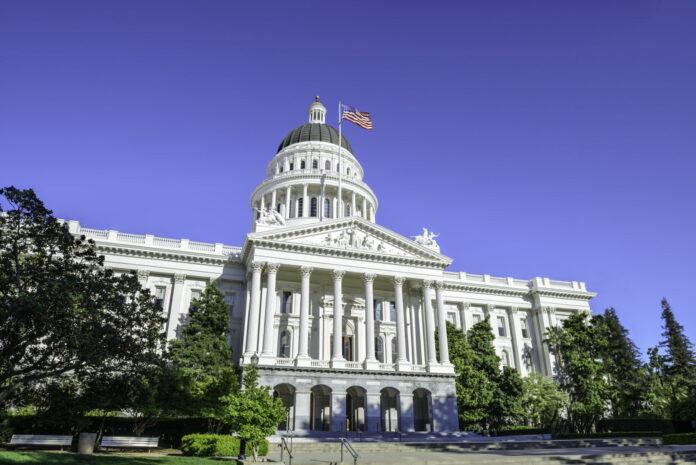California’s Senate has passed its own net neutrality resurrection bill, SB 822, reinstating the same protections as the original version albeit with various amendments added on by the State Assembly’s Communications Committee, which is headed by State Senator Miguel Santiago.
Authored by State Senator Scott Wiener, and other proponents, some of the key provisions reinstated into the bill defend consumers from ISPs establishing fast lanes and providing anti-competitive ‘zero rating’ content.

The key provisions were reinstated after negotiating a compromise with chairman Santiago which also resulted in the creation of a new, separate bill that will require any ISP contracted by the state to adhere to California’s net neutrality principles.
Chairman Santiago, who received large campaign donations from AT&T, was instrumental in adding amendments that struck out language in the bill which barred ‘fast lanes’ and treating internet content differently.
A fact sheet provided by the office of Senator Scott Weiner to Ars Technica reads:
“Under this agreement, SB 822 will contain strong net neutrality protections and prohibit blocking websites, speeding up or slowing down websites or whole classes of applications such as video, and charging websites for access to an ISP’s subscribers or for fast lanes to those subscribers. ISPs will also be prohibited from circumventing these protections at the point where data enters their networks and from charging access fees to reach ISP customers. SB 822 will also ban ISPs from violating net neutrality by not counting the content and websites they own against subscribers’ data caps. This kind of abusive and anti-competitive “zero rating,” which leads to lower data caps for everyone, would be prohibited, while “zero-rating” plans that don’t harm consumers are not banned.”
The bill will now be sent to the governor’s desk for a signature after being passed by the rest of the legislature. Should it pass, internet providers might sue California countering that the FCC’s net neutrality ban circumvents states from introducing their own rules.
SEE ALSO: Adidas warns millions of U.S. customers of a possible data breach

